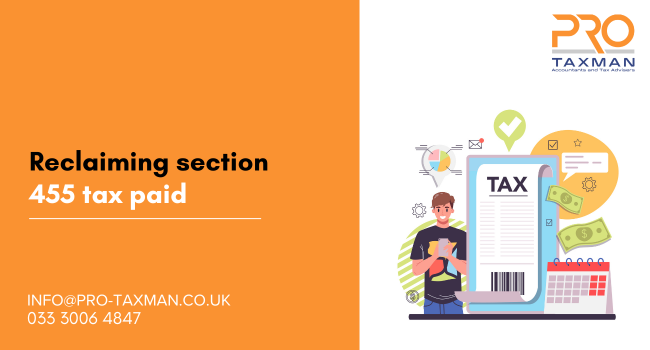In personal and family companies, directors often borrow money from the company as this is a cheaper and easier option than taking out a commercial loan. However, there can be tax consequences for both the director and the company.
If the loan balance exceeds £10,000 at any point in the tax year, a tax charge would arise under the benefit in kind rules if the interest paid by the director on the loan, if any, is less than that which would be payable at the official rate. The taxable amount is the interest due at the official rate, less any interest paid by the director. The company must also pay Class 1A National Insurance on the taxable amount.
Further tax consequences arise if the company is a close company (as most personal and family companies are) and the director’s loan account is overdrawn at the year end and remains so at the corporation tax due date nine months and one day after the year end. A close company is, broadly, one controlled by five or fewer people. Where this is the case, the company must pay tax on the outstanding loan balance. This tax is known as section 455 tax. If the loan is outstanding at the year end but cleared before the corporation tax due date, there is no section 455 tax to pay, but the loan must be reported on the company tax return. The rate of section 455 tax is linked to the dividend higher rate, and is 33.75% in respect of loans made on or after 6 April 2022.
Although paid at the same time as corporation tax, section 455 tax is not corporation tax and, crucially, is a temporary tax as it becomes repayable once the loan balance is cleared.
The tax can be reclaimed nine months and one day after the end of the accounting period in which the loan was repaid, released or written off. The tax becomes repayable on the day that the corporation tax for the period is due. To reclaim the tax, the loan does not need to be cleared in full – if part of the loan balance is repaid, released or written off, you can reclaim the tax due on that part of the loan.
A claim can be made on form L2P. This can be done online by visiting the Gov.uk website at www.gov.uk/guidance/reclaim-tax-paid-by-close-companies-on-loans-to-participators-l2p. A claim can be made by your agent on your behalf.
To make a claim, you will need your Unique Taxpayer Reference (UTR) and your bank details to hand. You will also need to provide the following information:
- the start and end dates for the accounting period in which the loan was made;
- the date the loan was made;
- the start and end dates for the accounting period when the loan, or part of the loan, was repaid, released or written off;
- the date that the loan, or part of the loan, was repaid, released or written off;
- the amount of the loan or part of the loan repaid, released or written off; and
- the date when the relief is due.
Once a claim has been submitted, HMRC will issue a revised tax calculation showing what is owed. The reclaimed tax will be set against any corporation tax owed to HMRC in the first instance, with any excess being repaid by HMRC.
Need professional accounting service or tax advice? Contact us to book a 15-min Free Consultation with us today.
To find out more please follow us on Facebook, Twitter, or LinkedIn. Feel free to contact us on 0333 006 4847 or request a call back by texting 075 6464 7474

